Address: Graduate School of the Universidad del Pacífico
Last Tuesday, April 14, Yossi Sheffi, the renowned Director of the Center for Transportation and Logistics of the Massachusetts Institute of Technology (MIT) held his International Conference The Competitive Advantage Of A Logistics Cluster, organized by the Graduate School of the University del Pacífico under the auspices of Yobel SCM, Approlog, Logista and tgestiona. Operate like a small company, but have the benefits of the big ones. That’s the potential of bringing companies together in a logistics cluster, according to Yossi Sheffi.
Read more «International Conference The Competitive Advantage of a Logistics Cluster»

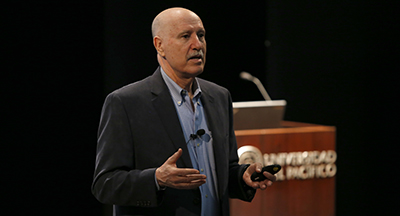
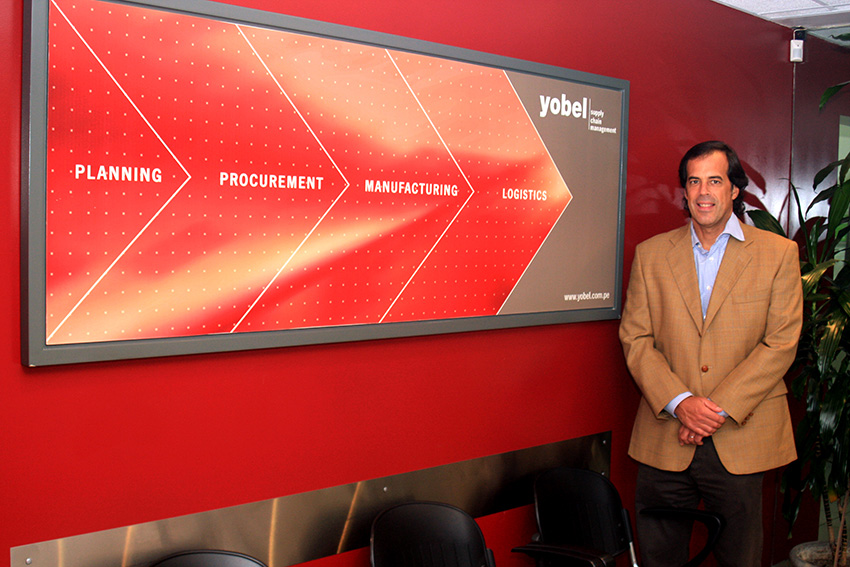

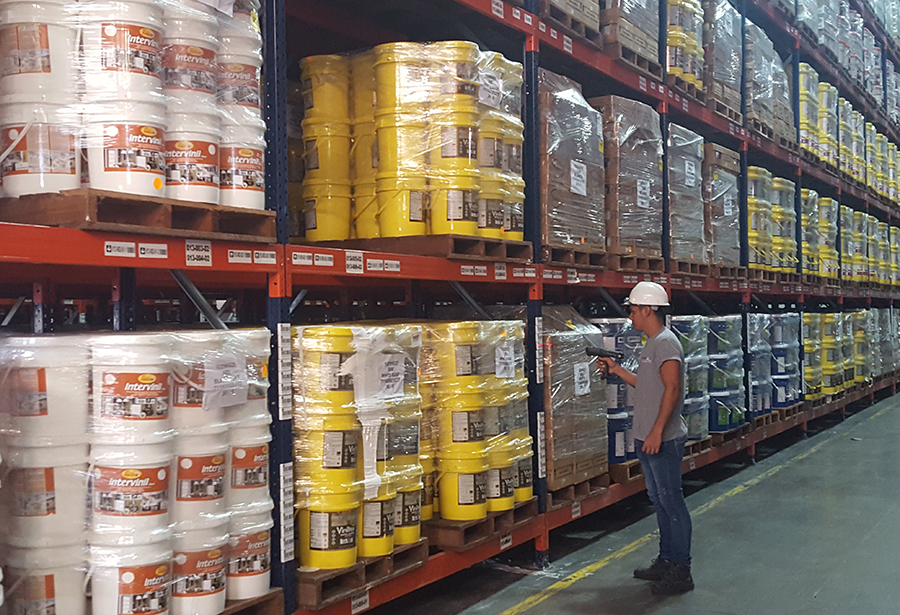
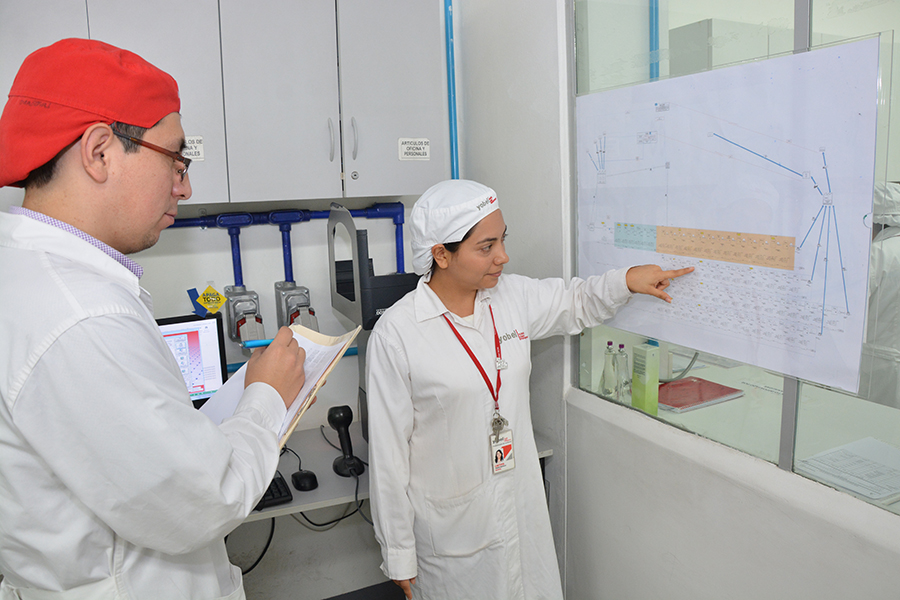

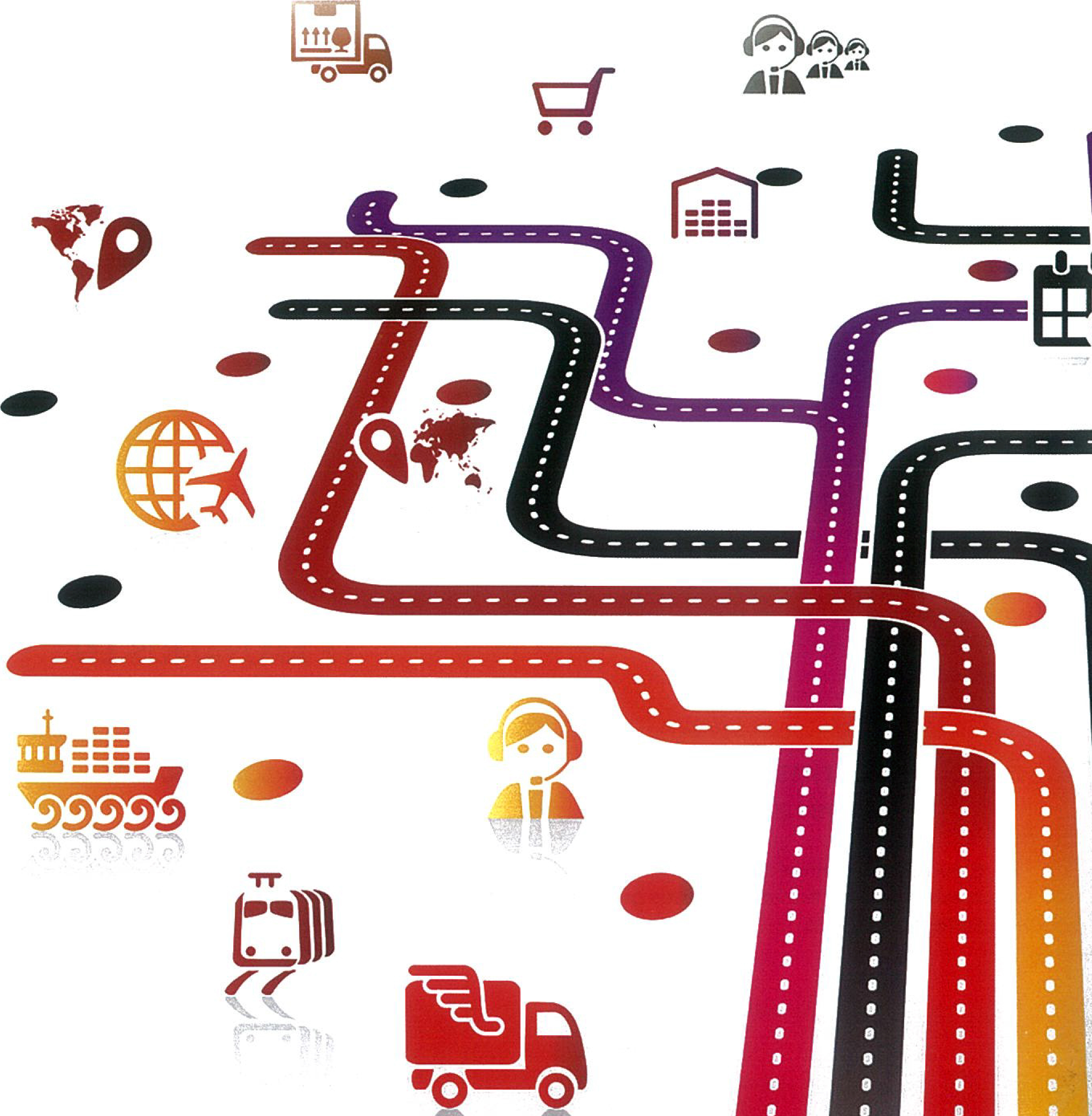

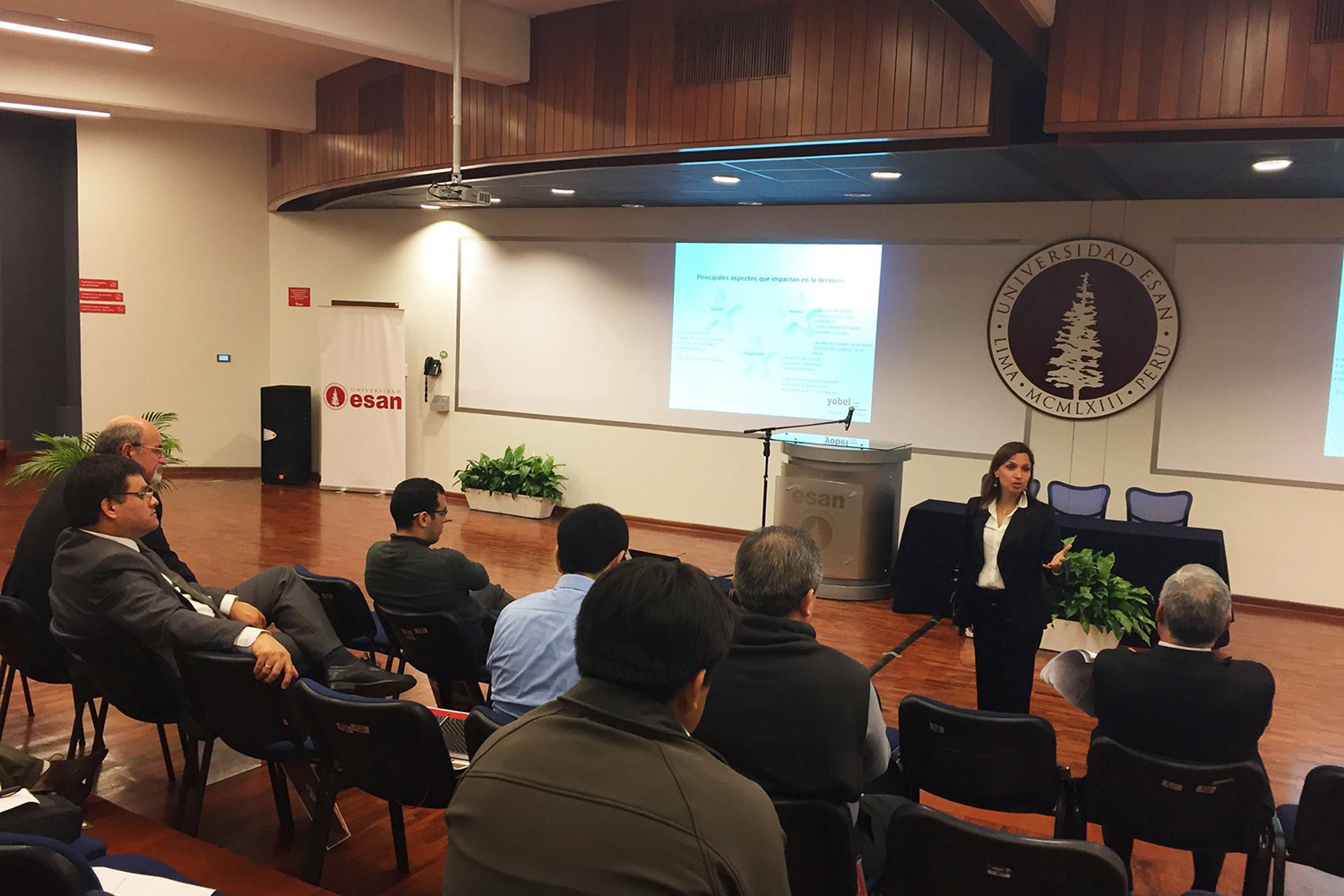

Comentarios recientes